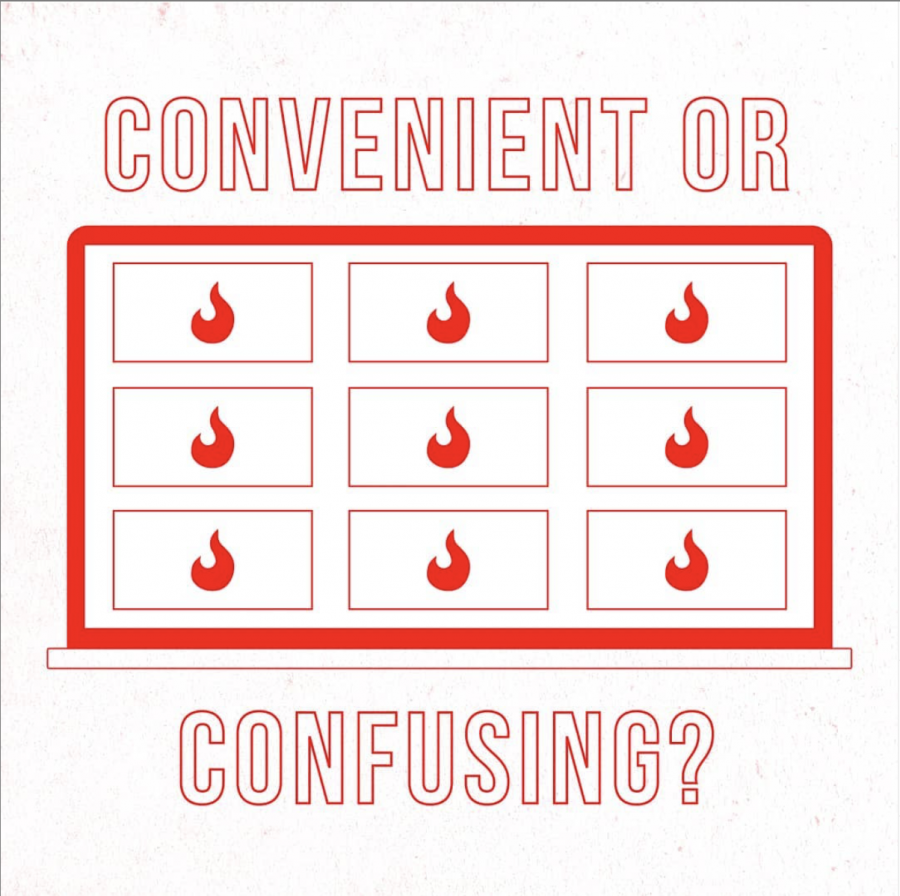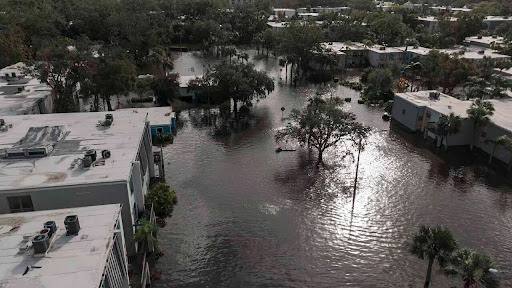Shaolin: We weren’t ready to go online
As many students have moved on to completing their academic studies online, this transition has conflicted with students’ lifestyles more than ever. For many, this has been a real struggle as we navigate the tension around this pandemic. It is definitely very new for those who haven’t previously taken online courses or aren’t used to studying for their college courses at home. So it’s very understandable that many students are disappointed with how online classes are going for them. Many St. John’s students have had complaints against professors who’ve been technologically illiterate and don’t allow students any additional help or resources despite that disadvantage. It incites a trend of poor communication between professors and their students. Not only that, but students who stay at home might not feel the same surge of motivation to complete their assignments and study as they would if they were still immersed in campus culture and had connections to professors and other faculty. As a biology major, most of my science courses are crucial in understanding material for future exams and so these courses often require in-person instruction. Some students cannot find the same educational environment at home that they usually would find on campus in the library or a quiet study, so professors should be more understanding in their distribution of assignments. It also seems that professors are assigning heavier workloads with the assumption that students are simply at home doing nothing. Sure, many students have some free time on their hands, but there is still a large portion of students who have responsibilities at home that require more of their time. It’s also important to keep in mind that our current situation elicits fear and panic especially amongst those who have loved ones hospitalized or sick. It’s vital that professors empathize with the situation and not use this lockdown as an excuse to assign more work than necessary. While remote learning might allow students to find time to focus on their mental health, it also imposes a lack of peer support that students would usually have in an academic community, and thus, is another factor in demotivating students. I understand that having online classes during this pandemic is the only way students can still complete the rest of their courses for the semester, but I still think faculty should have been more prepared before conducting their classes online. Nonetheless, it will take some time for everyone to fully adjust and find the balance during this quarantine, and I’m very positive our student body will find a way to do so.
Andreina: Some courses are better online
Depending on your major, online classes aren’t so bad. Although, for some it’s hard to move off campus away from your friends and classmates that serve as peer support, but I mainly found my motivation outside of campus. Most of my close friends don’t go to the same university and any time I’ve tried to meet with friends, whether they’re from St. John’s or not, it’s not often that it’s on campus. But that can be blamed on adulting. However, shifting from in-person to online classes hasn’t been so hard in my case. From experience, communications and journalism courses are effective through in-person lectures but for me, there haven’t been any issues shifting to online courses. In fact, it’s actually been easier to engage with others. In a class that aims to engage its students in a room full of shy voices, it’s difficult to hear perspectives on issues that are brought up in class. Through Blackboard discussions, I’ve been seeing a lot of students share their true thoughts and comments. If this is what it takes to get people to share their insight, I think that should serve as a message to professors about how to effectively encourage their students to speak up. This doesn’t mean to always bring topics up online, but in a generation that is so used to hiding behind their phones, that means it’s also time to strategize class conversation based on how students today are used to speaking up.
Another good thing that comes from shifting to an online class is time for yourself, in whatever way that means to you. Lately, I’ve been managing my time as a student, an intern, news editor for the Torch and work-study employee. With all these responsibilities, my schedule is usually all over the place. Trying to find time to complete assignments and catch up with everything was manageable but exhausting. While self-care is a priority, it was more difficult to find time for myself in a schedule full of work time. As relieving as it was to hop into bed after a long and busy day, it was also upsetting to be too exhausted to take a moment to unwind with a TV show or book before bed. Taking that moment is very important, just as much as a good night’s sleep. Now it’s been easier to catch up on work while also finding time for myself to do things that boost my mental health.
But none of this means that the change isn’t different or that it isn’t sad. As a senior, it’s hard not to miss the moments of going to campus and the things that we often complained about. Things like waking up early, especially as a commuter or traveling from building to building with courses back to back. We’re currently living in a situation that is unheard of. The shift online wasn’t expected but, I’m thankful that we even had the option to go online. Otherwise, I’m not sure what would have happened. But hopefully, this will prepare universities to strategize for those who can’t learn their material in person.













pre med courses in the philippines • Aug 11, 2021 at 2:27 am
Wow! What a beautifully written and thoughtful post. Such great tips